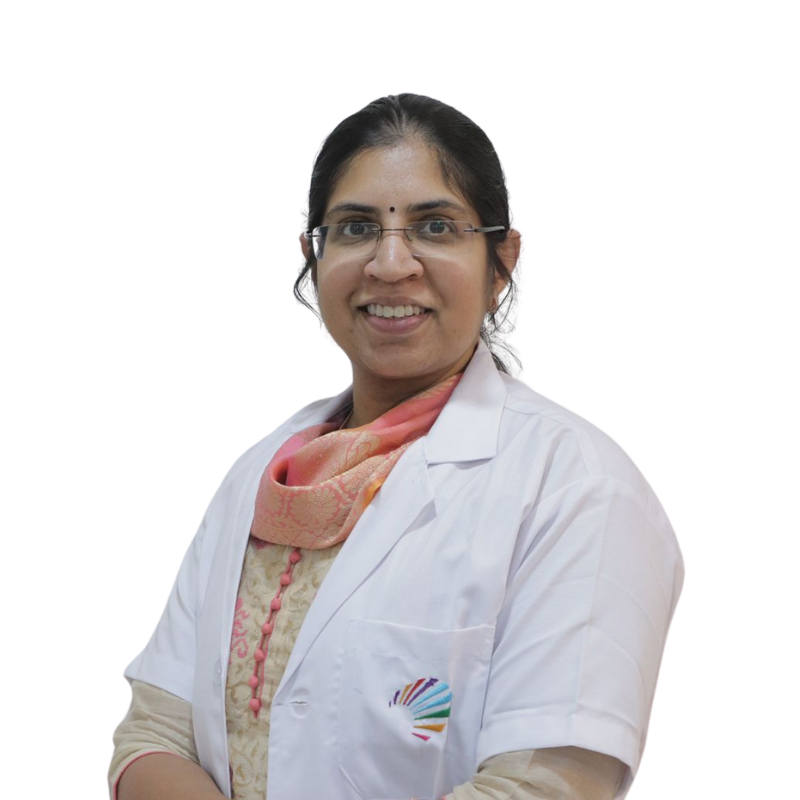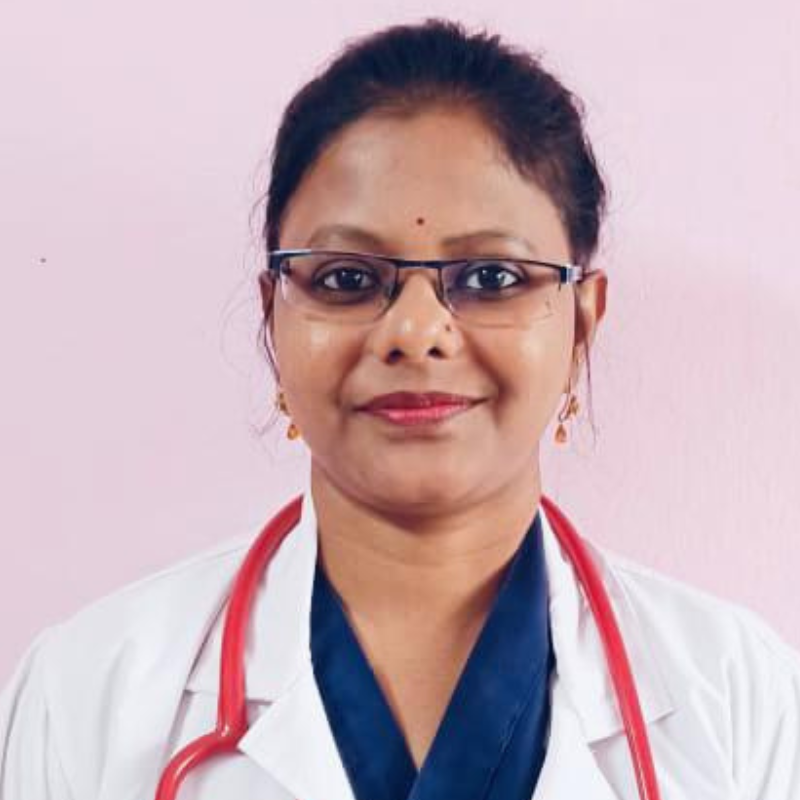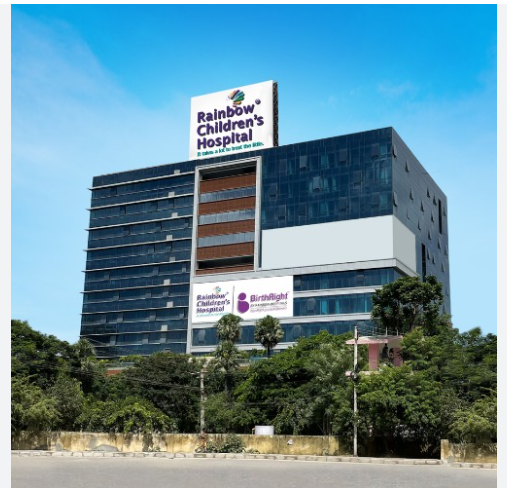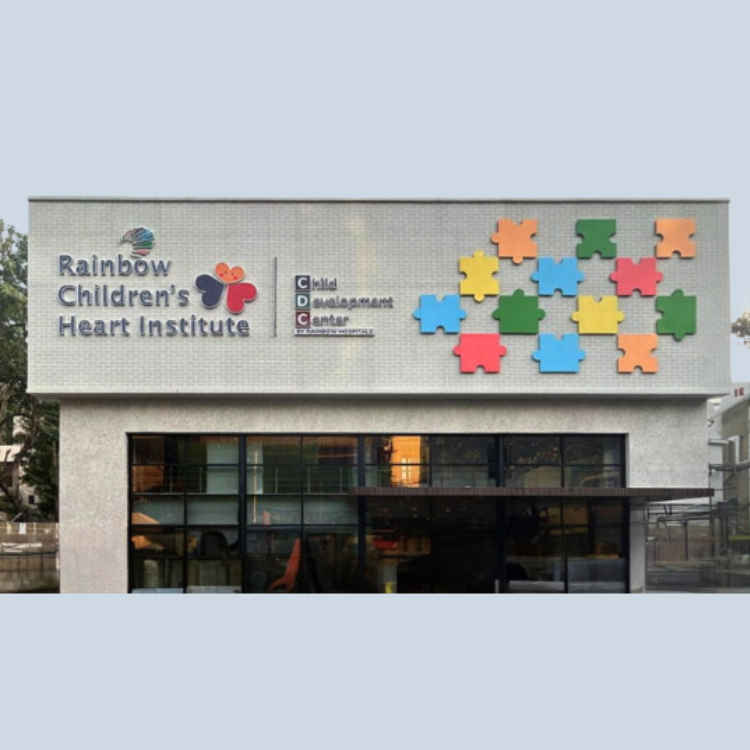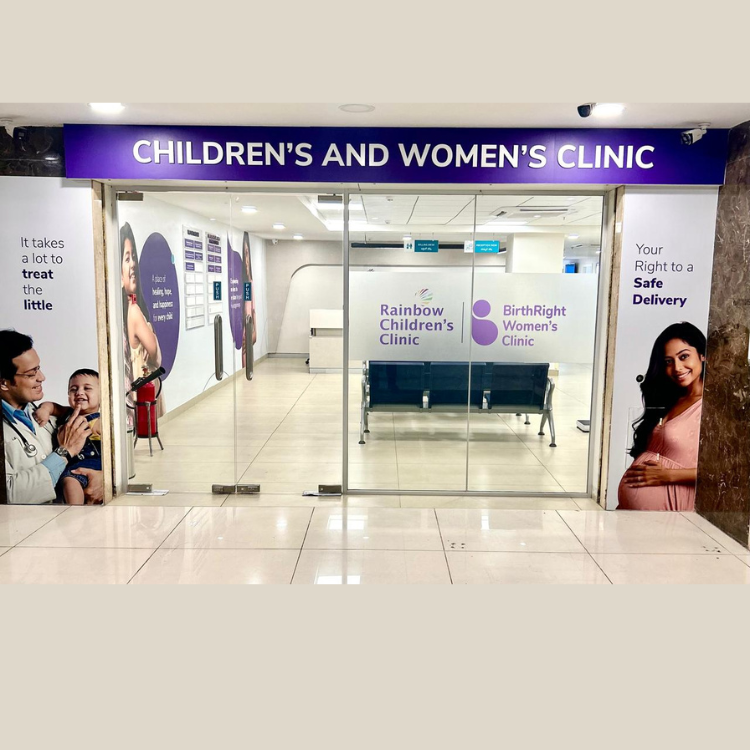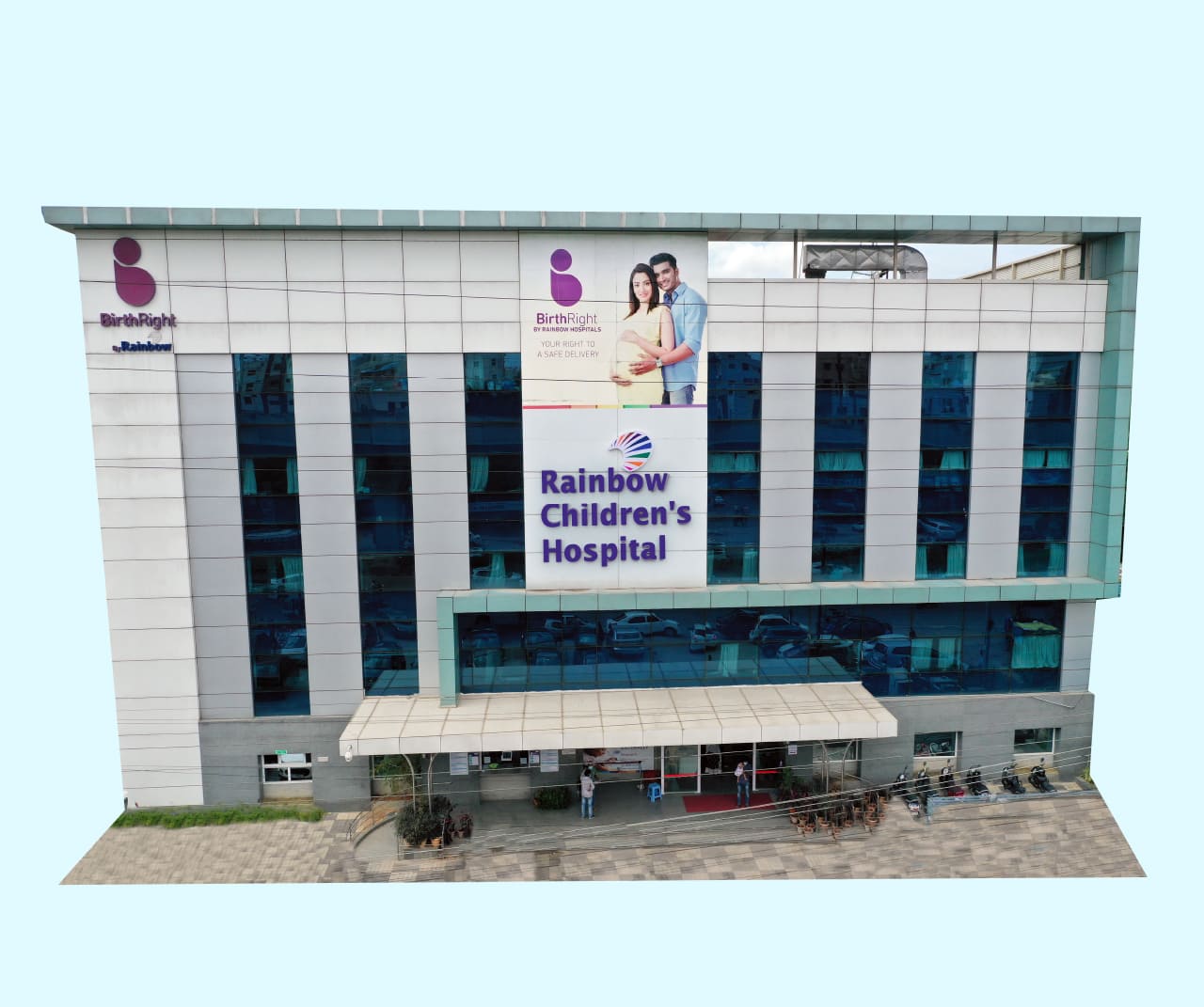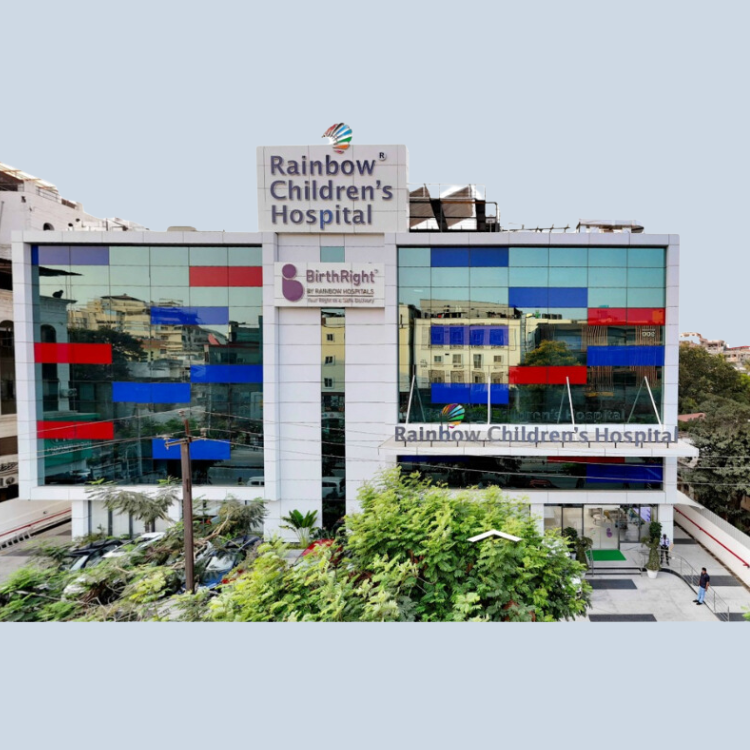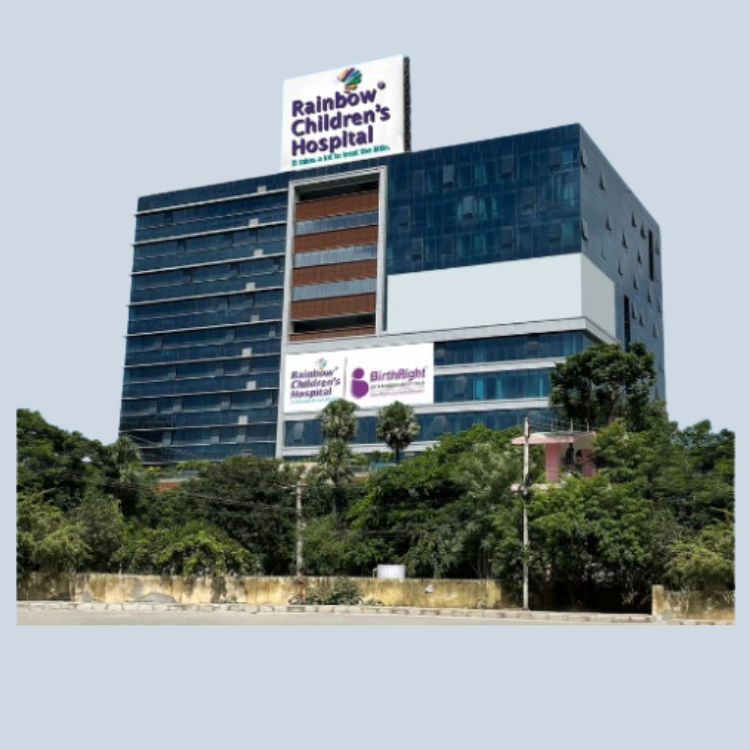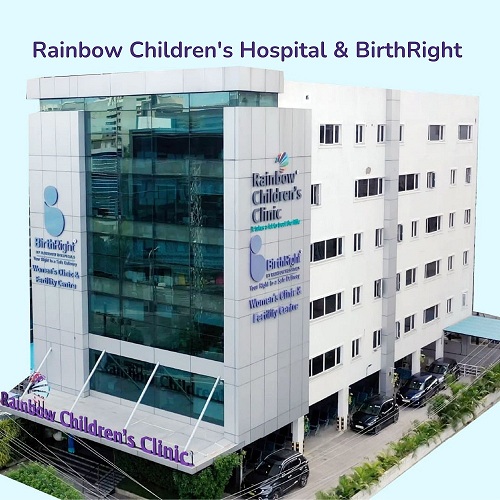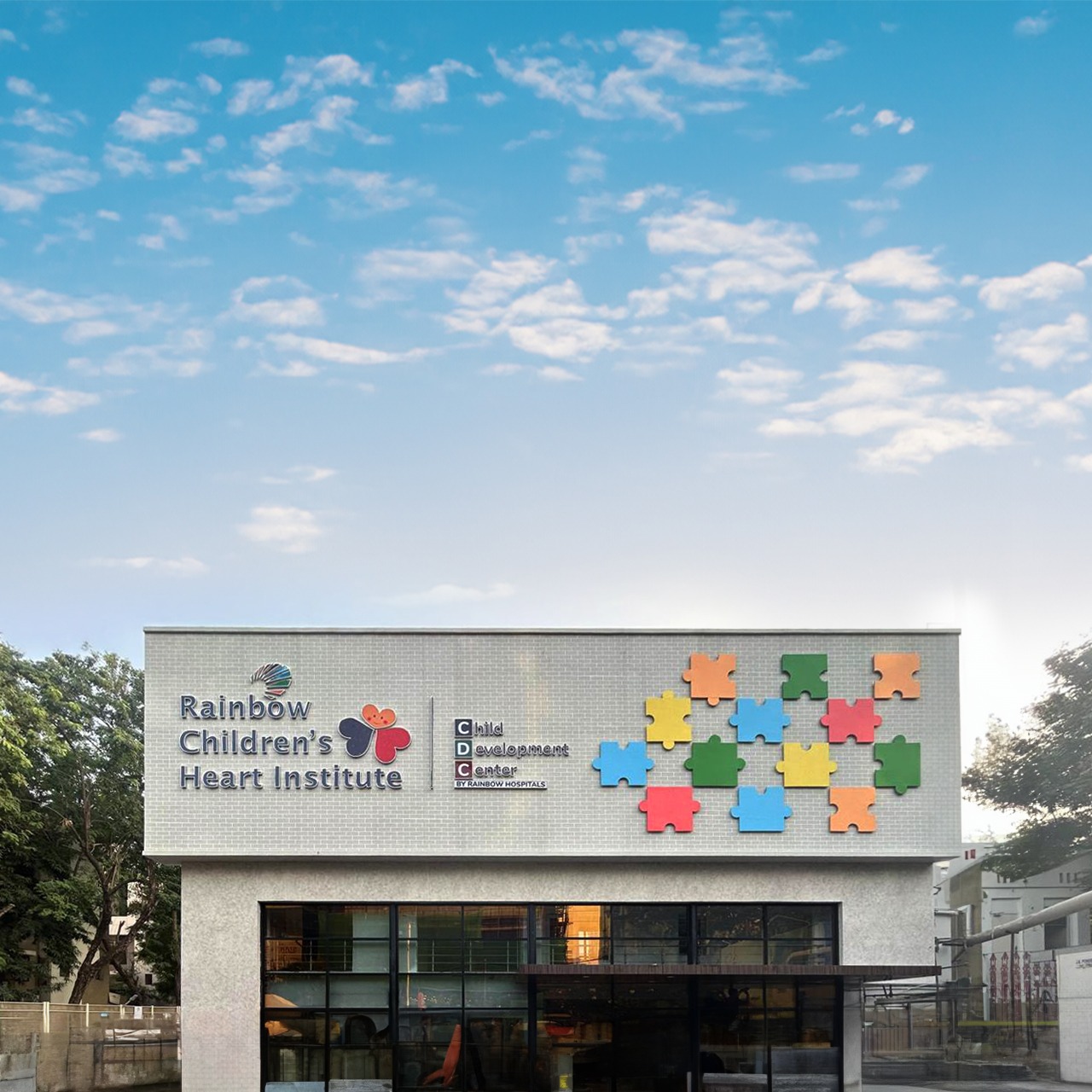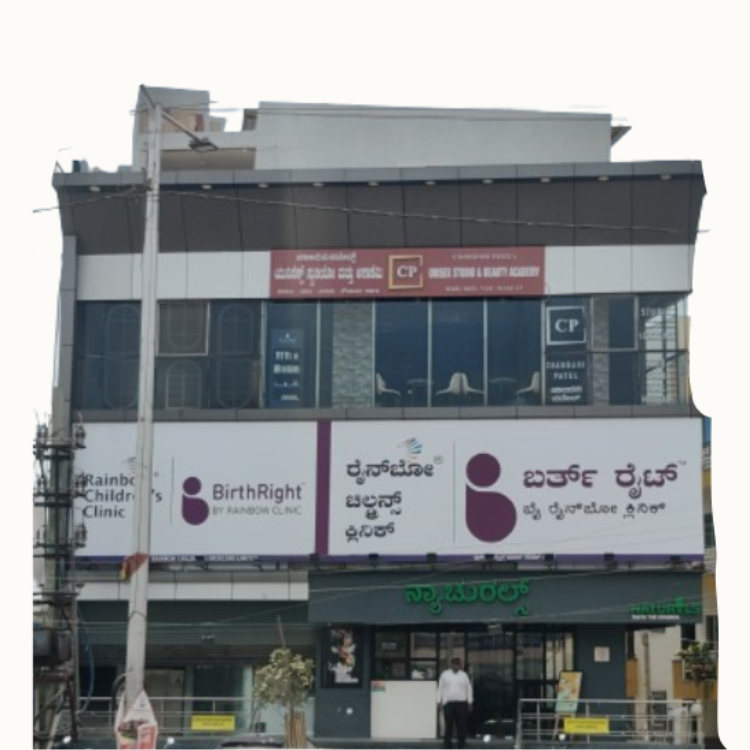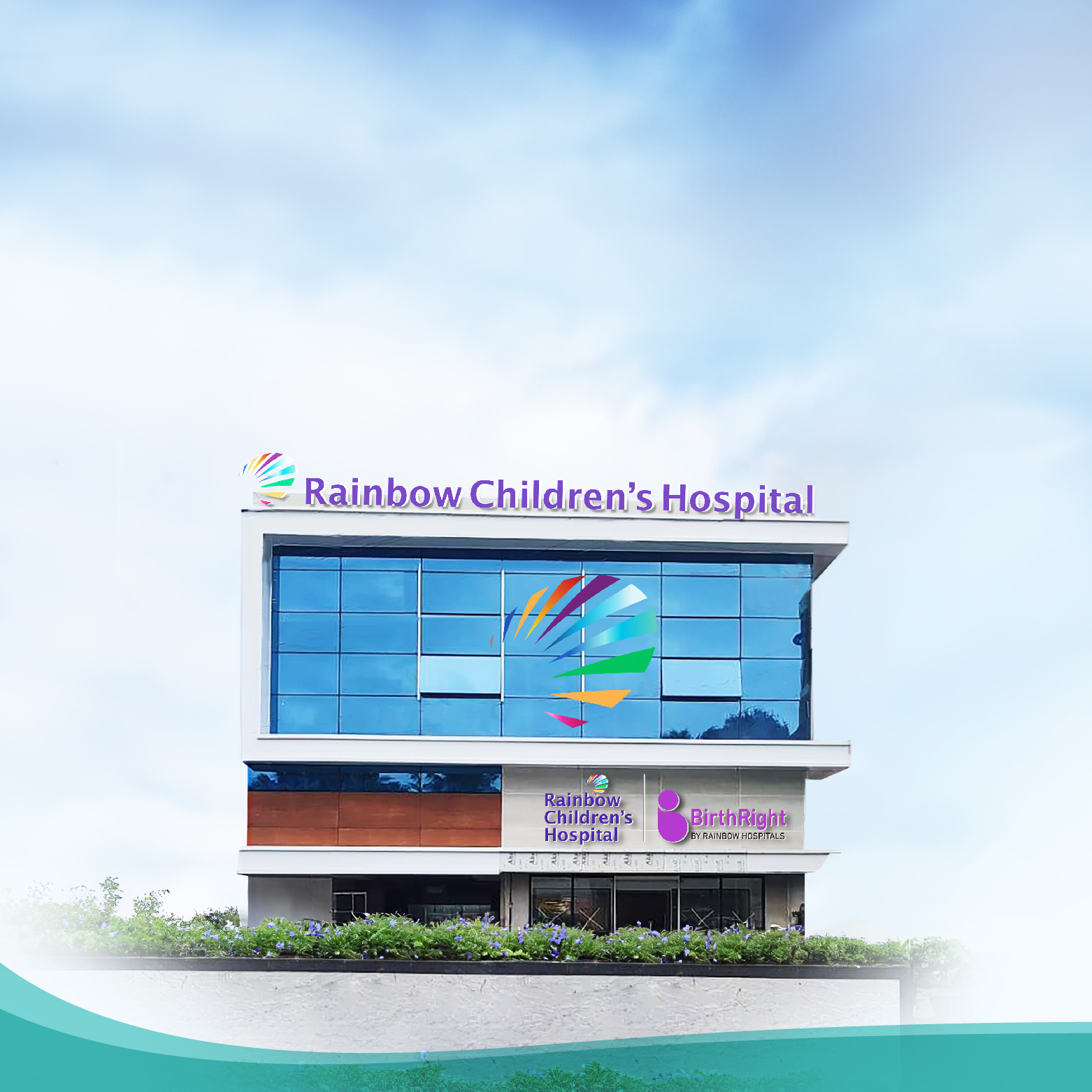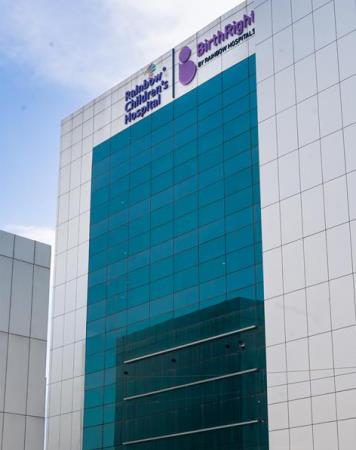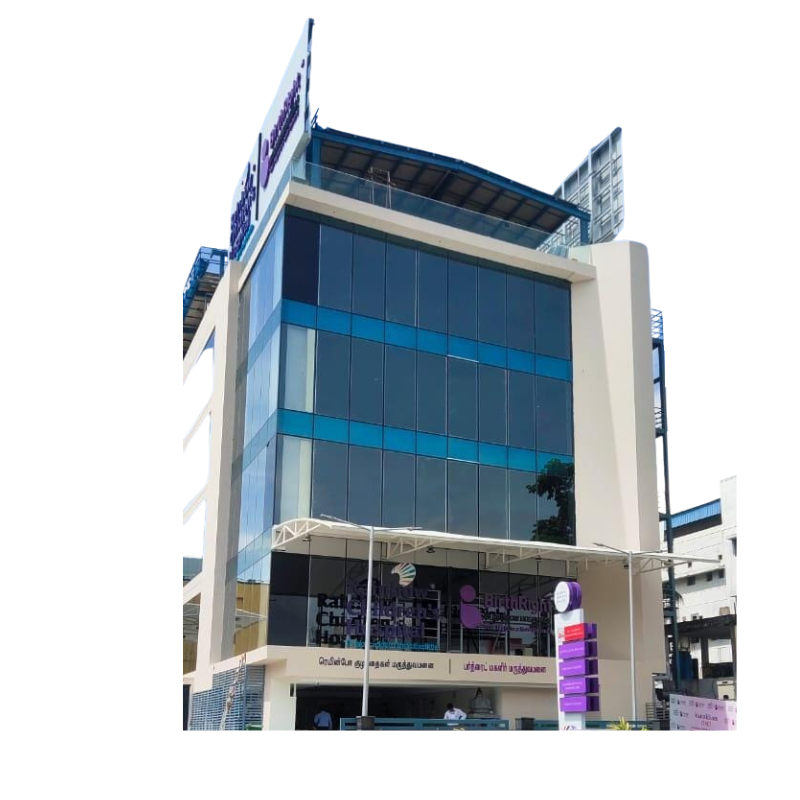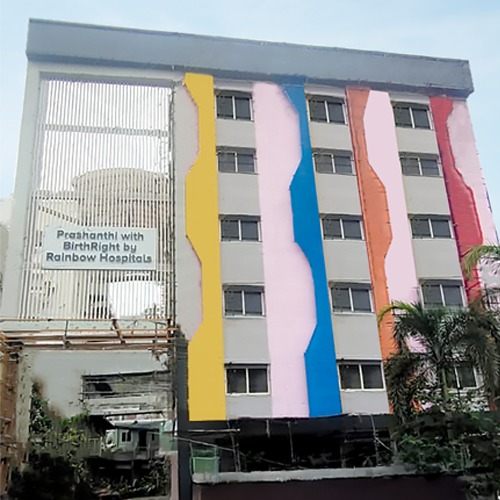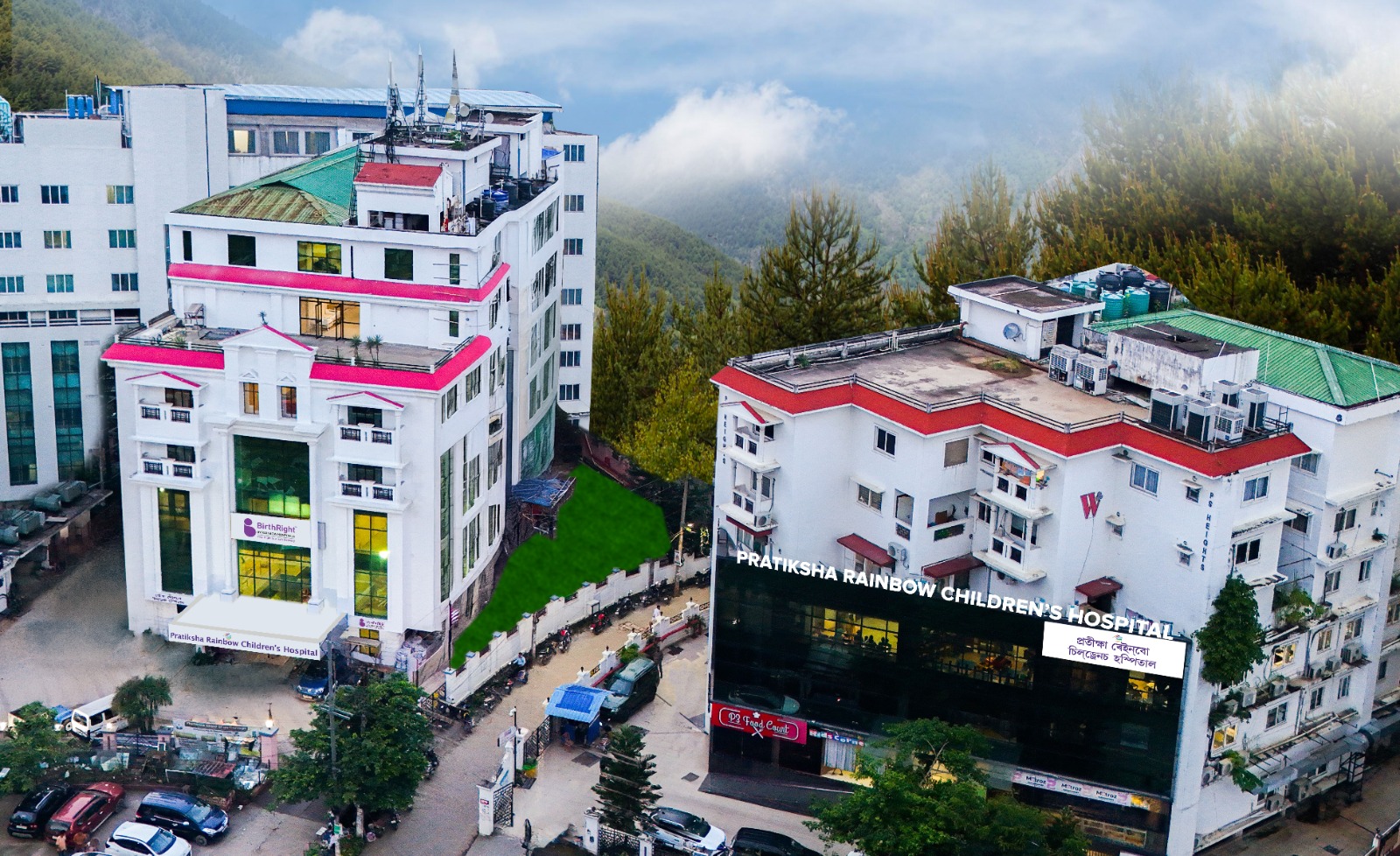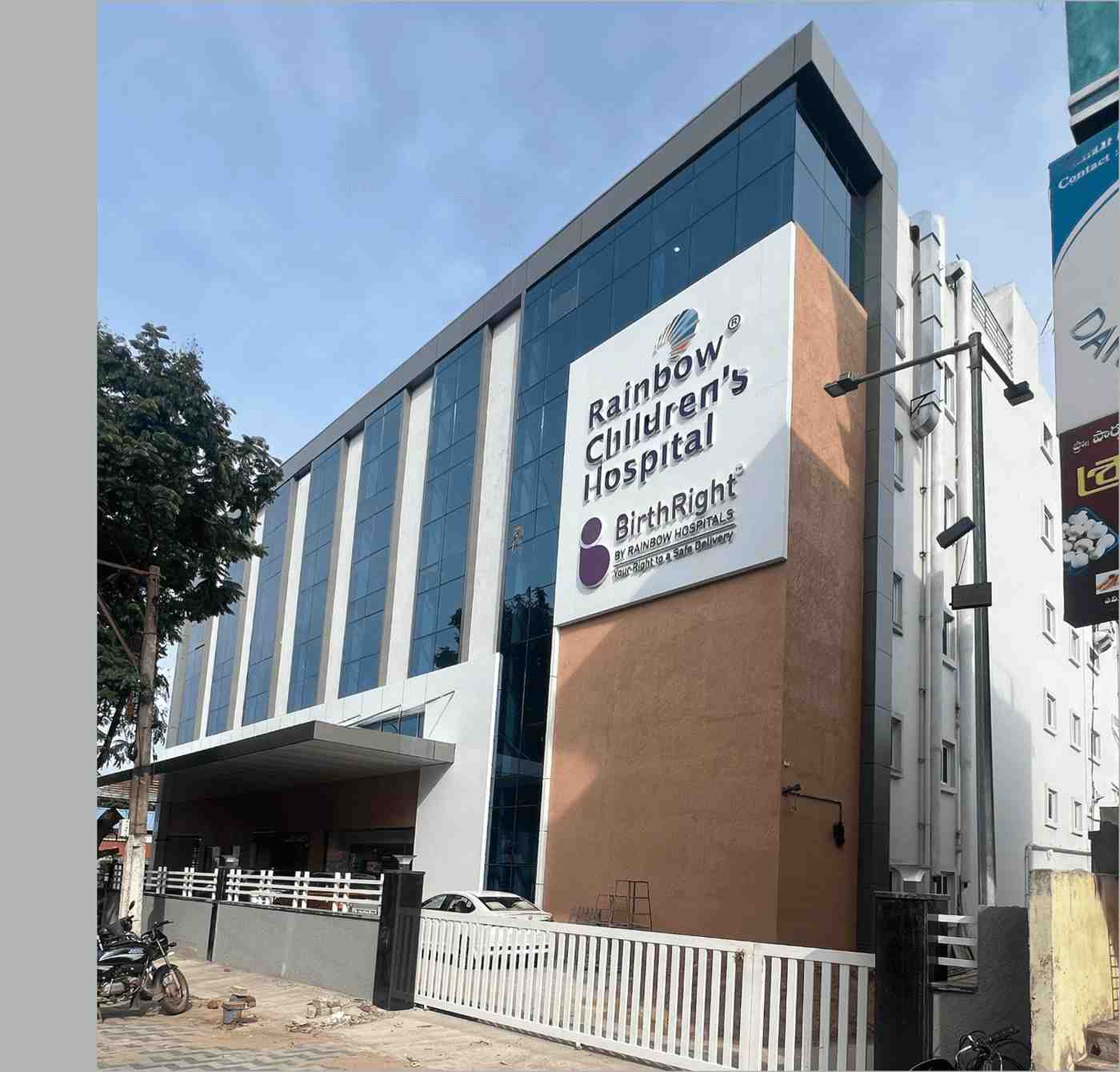Find a Doctor
Expertise you can trust, Meet our esteemed doctors who bring exceptional knowledge, compassion, and innovation to provide top-notch care for your health and well-being.
Best Treatment For Necrotizing Enterocolitis in Children, Vizag
Best Treatment For Necrotizing Enterocolitis in Children, Vizag , Necrotizing enterocolitis (NEC) is a serious gastrointestinal condition primarily affecting premature infants, causing inflammation and damage to the intestines. Rainbow Children's Hospital in Vizag is at the forefront of pediatric care, offering specialized treatments and expertise for children diagnosed with NEC.
The treatment for NEC varies based on the severity of the condition. In mild cases, treatment may involve temporary withholding of feedings and providing intravenous (IV) nutrition to allow the intestines to heal. Close monitoring by pediatric gastroenterologists and neonatologists is essential to determine when to resume feeding and ensure the infant's stability.
For more severe cases or when complications arise, such as bowel perforation or necrosis, surgical intervention may be necessary. Surgeons at Rainbow Children's Hospital are highly skilled in performing procedures to remove damaged portions of the intestine and repair any perforations, aiming to restore normal bowel function.
The hospital's multidisciplinary approach to NEC involves a team of pediatric specialists, including neonatologists, pediatric surgeons, and nutritionists, working collaboratively to tailor treatment plans according to each child's unique condition. They prioritize the infant's comfort, closely monitoring their progress and adjusting treatments as needed to optimize outcomes.
Rainbow Children's Hospital ensures not only advanced medical interventions but also emotional support and guidance for families navigating the challenges associated with NEC. The hospital's commitment to providing comprehensive care, advanced treatments, and a supportive environment underscores their dedication to achieving the best possible outcomes for infants affected by NEC in Vizag.

Leading Hospitals
Rainbow Children's Hospital stands as a testament to the hospital's continual pursuit of excellence and innovation, providing specialized care for women and children.
Symptoms may include feeding intolerance, abdominal distension, bloody stools, lethargy, temperature instability, and changes in heart rate or breathing.




















